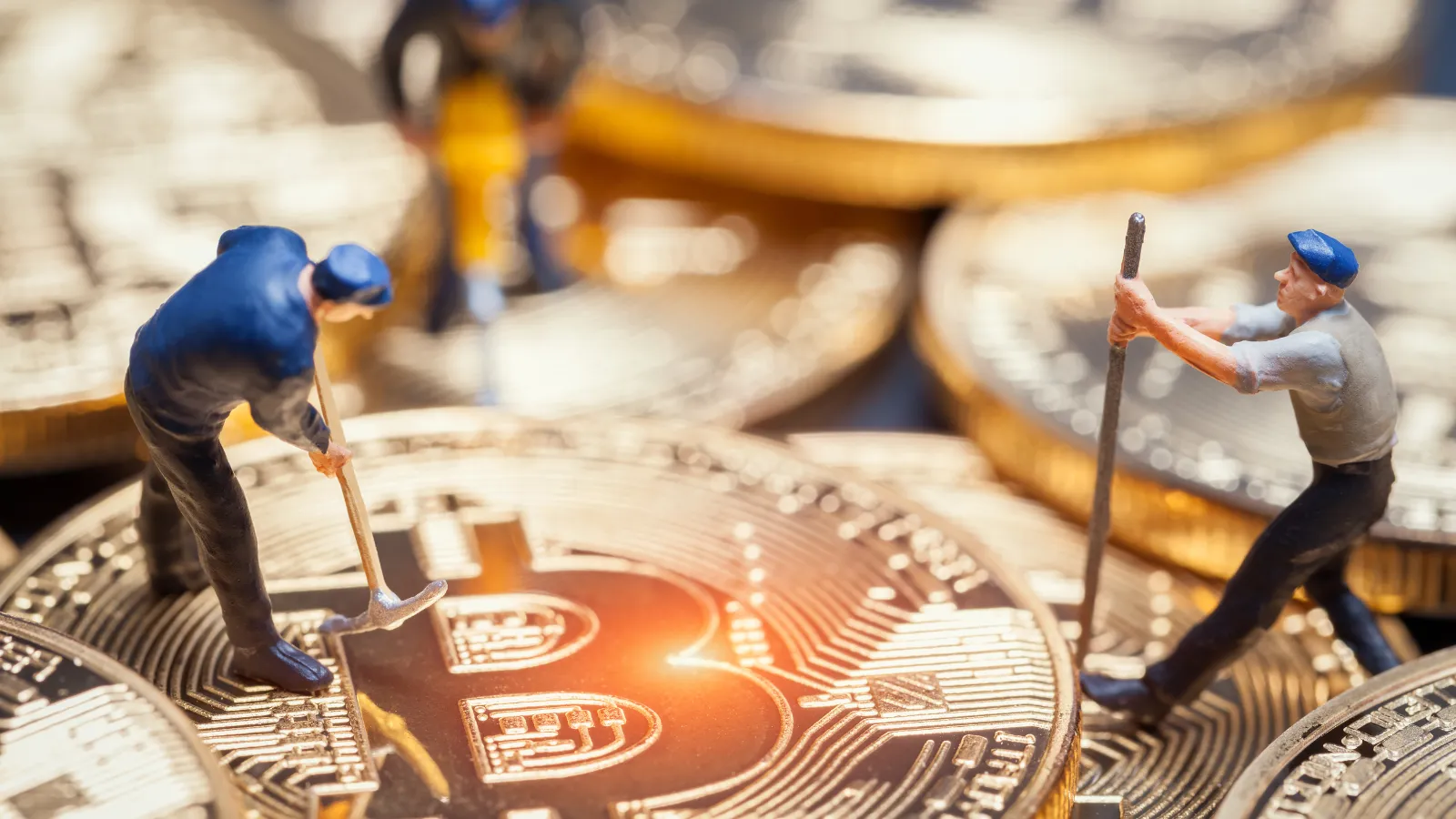Top American Bitcoin miner Marathon Digital’s (NASDAQ: MARA) stock is up Thursday after the firm followed through on an announcement earlier this week that it would raise $250 million and invest it into the leading cryptocurrency.
MARA was trading up over 7% and priced at $16.25 at midday Eastern Time, according to Nasdaq data. But over the past month, its stock has taken a hit and is down nearly 34%.
Marathon said late Wednesday that it indeed purchased about $249 million worth of Bitcoin, or 4,144 BTC, after securing $300 million. The firm, which recently committed to a “Full HODL” philosophy and said it would no longer sell its mined Bitcoin, now says that it has over 25,000 BTC—about $1.5 billion worth.
MARA secures $300M through an oversubscribed offering of convertible senior notes. With proceeds, we purchased 4,144 BTC (valued at approx. $249M), boosting our strategic bitcoin reserve to over 25,000 BTC. Learn more: pic.twitter.com/EKwKW6eSny
— MARA (@MarathonDH) August 14, 2024
The Las Vegas-based miner on Monday said it would raise $250 million through a private offering of convertible senior notes. Convertible notes are a form of debt that can be converted into a company’s stock by an investor.
Marathon Digital—one of the world’s biggest miners—said it wanted to use the debt to accumulate more Bitcoin. The move is pulled straight out of MicroStrategy’s playbook ; the software company, the largest public holder of Bitcoin, frequently uses leverage to buy the cryptocurrency.
But experts on Monday told Decrypt that Marathon Digital’s move was controversial: using leverage to buy Bitcoin could make the debt hard to manage, especially if the price of the asset drops, industry insiders said.
It could be particularly difficult given the current state of the mining industry, too, they added. Bitcoin mining has never been so hard —with rising energy costs and a depressed BTC price making it tough for many in the industry.
Bitcoin miners —typically large operations run by companies in warehouses full of energy-intensive, expensive computers—receive Bitcoin for keeping the network running.
With the price of Bitcoin now close to 25% lower than its March all-time high of $73,747, many miners are struggling to pay the bills.


